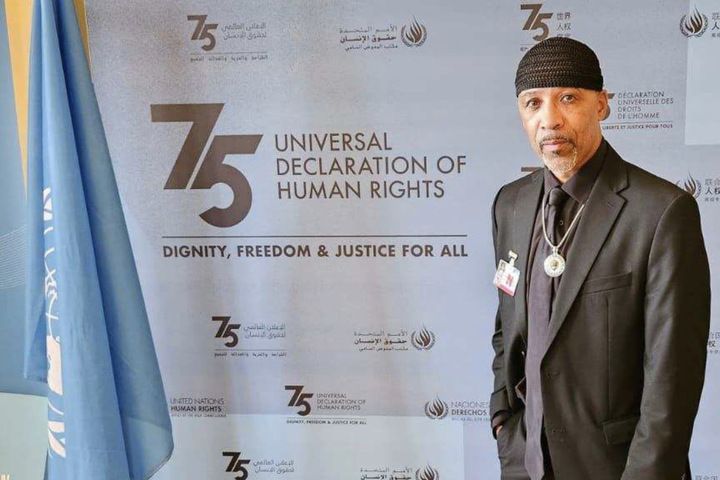Abolitionists Call for End to Death By Incarceration at the UN
200,000 people in the US - 1 in 7 people incarcerated - are serving some form of a life sentence

Calls for abolishing the death penalty are well-known and routinely publicized among non-profit organizations, abolition activists, and the media. A lesser known, but equally important and overdue criminal justice reform movement calls for the abolition of "The other death penalty;" death by incarceration sentencing.
Death by incarceration (DBI) refers to extreme sentencing practices, including life without parole, life with parole, "virtual life" sentences that exceed life expectancy, and other lengthy and indeterminate sentences. Viewed as an alternative to state-supported executions, these punitive measures are just another form of death sentence, advocates argued during the recently concluded United Nations Human Rights Committee review of the US criminal justice system.
DBI is a pervasive problem that advocates say violates the right to life and right to be free from torture guarantees in the International Covenant on Civil and Political Rights, ratified by the US in 1992. Additionally, these extreme sentences are not doled out equally across the board. Of the more than 200,000 people in the US serving some form of a life sentence, around 46% are Black, although Black people make up only 13.6% of the total US population.
Four formerly incarcerated individuals who were serving life recently testified in front of the UN Human Rights Committee in Geneva, shared their personal stories to elevate the conditions facing tens of thousands of currently incarcerated people in the US. Kelly Savage-Rodriguez, DROP LWOP coordinator with FMEP coalition partner California Coalition for Women Prisoners, was one of those individuals.
"We're never getting out unless we are all fighting together. We're all doing a death sentence if we don't change it with each other," explained Savage-Rodriguez, who served 23 years of a life without parole sentence before having her sentence commuted by then-California Governor Jerry Brown in 2017, leading to her release in 2018.
"The United States should be ashamed of themselves because we are the only country that talks about disposable people," advocate Stanley Bellamy stated. Bellamy was just 23 years old when he was given a 62.5-year minimum sentence in 1987 and didn't expect to go before the parole board until he was 85, if he lived that long. "Because of my lifestyle, the health conditions, there was no way I was going to get to 85, so it was important for me to recognize I was serving a death sentence," Bellamy said during the Geneva hearing.
"On an international level, we must pressure the United States and get the United States to understand that people change."
You can read the full article covering the UN Human Rights Committee meeting focused on ending Death by Incarceration sentences "Death by Incarceration: Abolitionists at UN Call for End to 'the Other Death Penalty,' at Tag24. Tag24 is a media organization based in New York City and covers the national stories that matter, while amplifying those voices heard the least.










